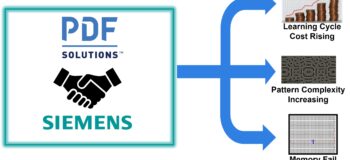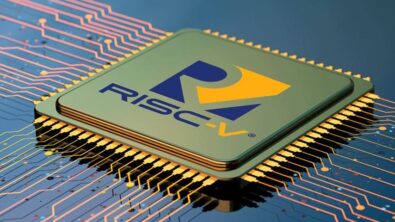Video: Using defect oriented test to target bridges in automotive designs

At the 2023 North America User2user symposium, Tessent users from NXP presented their experience in targeting bridges with defect oriented tests on an automotive design. Saidepet Ramesh, Director of DFT Design Quality at NXP Semiconductors, presented to a full room. The session was recorded and is now available for anyone to view.
Defect-oriented test enables a complete physical defect-based automatic test pattern generation (ATPG) for the digital logic area of CMOS-based designs. Bridges are the most important defects that occur during manufacturing, so NXP is keen on catching and eliminating them in advanced node automotive ICs.
We are all about zero defects.
Saidepet Ramesh
NXP evaluated the layout-aware ATPG test to target BEOL bridges and opens because their existing models were not performing well enough on advanced process nodes to keep up with their zero-defect requirements. Saidapet describes defect-oriented test, interconnect bridge and open defects, their evaluation of Tessent defect oriented test on NXP automotive designs, and results.
The automotive-grade ATPG includes a suite of fault models and test pattern generation applications that target defects in ICs at the transistor and interconnect levels – in the process helping customers capture defects that would otherwise go undetected with traditional methodologies. ISO 26262 reliability requirements demand zero defective parts per billion (DPPB), and Tessent helps the makers of automotive ICs, like NXP, to achieve this goal.




